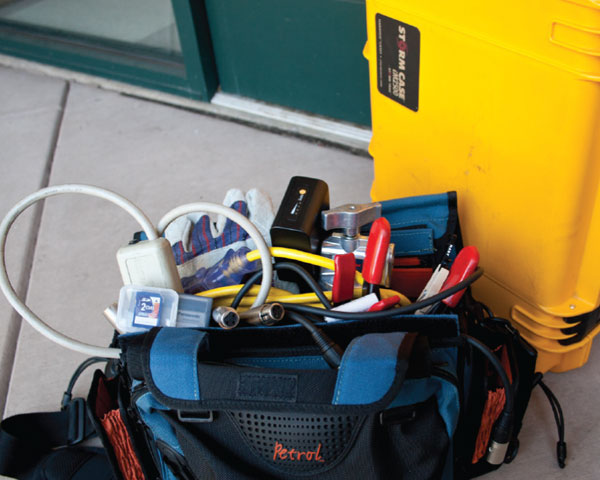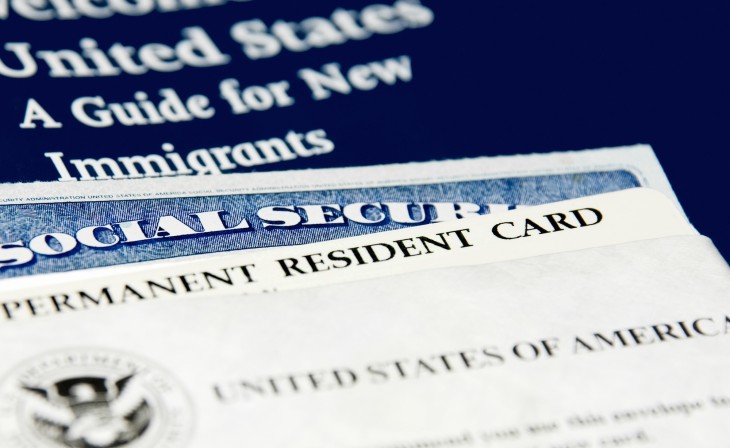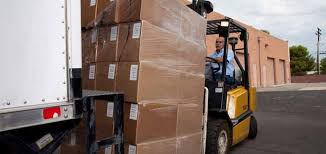Tips for Better Small Business Bookkeeping
Are you one of those small business owners who just love poring over spreadsheets? Me neither. Yes, your business’s books are a scorecard of how well you’re doing—but if you’re not a “numbers person,” doing your bookkeeping may sound as appealing as a root canal. Still other business owners mean to go over their business finances but get caught up in the day-to-day and never get around to it. No matter how you feel about bookkeeping, it’s one of those tasks no business owner can avoid forever.
Separate business and personal finances
Co-mingling expenses and income is a common mistake in small business bookkeeping—and one that will cause huge headaches for your business in the future. Open a business bank account as soon as you decide to go through with your startup, and get a separate business credit card. This not only separates your accounts, but also helps your business build its own credit rating.
Automate whatever you can.
Entering data into spreadsheets and reconciling numbers manually is so old school. Use cloud-based bookkeeping software, and do your business banking online. That way, you can sync your bookkeeping software with your business bank account so you always have accurate, up-to-the-minute records. Plus, with the cloud, your critical financial data is backed up safely off-site.
Ask a pro
Talk to your accountant to figure out if you can use off-the-shelf accounting software or if you’d benefit from customizing it. Your accountant should be able to not only offer advice but also set up the software for you and show you how to use it
Perform regular financial checkups.
If you put off bookkeeping too long, you end up with bounced checks, overdue invoices or figures that don’t add up. Go over your books weekly to make sure everything is ship-shape.

tips for good bookkeeping
Get into a routine
Set aside some time so you can concentrate on bookkeeping for your business. We suggest you do this either once a week or month. And, if Making Tax Digital affects you, then getting into a routine like this will help you make the transition to digital tax returns easy. By getting into a routine, it will also help you to see your income and expenses each month and monitor invoice payments from clients.
Ensure any paperwork is kept safe
Use the latest apps to scan your receipts and invoices. This will help you make the transition to Making Tax Digital and keep all documents in documents in one place and will make finding them a lot easier! Online accenting software such as GoSimpleBooks will allow you to view your books from anywhere. One of the great benefits of accounting software is that it allows you to view your books on the go meaning you can benefit from secure, remote data storage.
Keep business and personal bank accounts separate
It is absolutely essentials that you keep your private and business accounts separate. If you’re a director of a limited company, then you can’t spend the company’s money for your own purchases, unless they are a business expense. If you’re self-employed, you can take money from your business, but you should still have a separate bank account to help balance the books at the end of the month. Keep track of your finances easily by keeping your business and personal finances separate.
Budget for tax
Dealing with tax and paying the tax can sometimes be difficult for small businesses, therefore it’s vital to start budgeting. It is easier to budget for tax as you go so that you are more prepared for the end of the tax year. You could open a business savings account and put at least 25-30% aside for your tax bill. The process of budgeting and putting away a dedicated sum for taxes will ease the worrying and stress when the self-assessment approaches.
Use online accounting software
Using good, cloud-based software will save you time and money. Online accounting software can allow you to create invoices, track payments, report VAT and manage stock levels. There are many benefits of online accounting software as it allows you to keep track of all your financial information in one place.

How to Hire the Right Bookkeeper for Your Small Business
Freelance, firm, and remote bookkeeping
Unless your business has roughly thirty or more employees, or over a million dollars annual revenue, you probably don’t need to hire a full-time, in-house bookkeeper.
Hiring a freelancer
A freelance bookkeeper is the most affordable option if your finances are simple, and you’re okay with your bookkeeper not being available for you every single business day.
Price
On average, freelance bookkeepers charge lower rates than firms do, since they have less overhead. A freelance bookkeeper will charge either an hourly or flat rate.
Process
A local freelance bookkeeper should be able to visit your business in person in order to collect and organize your paperwork. If you have a paperless office with digitized documents, you may find you’re comfortable hiring and working with a freelancer online
Schedule
One drawback of working with a solo freelancer is they may leave you hanging if they go on vacation or get sick unexpectedly. Also, bookkeeping has its busy season. This typically comes at the end of the financial year, when clients’ books need to be “closed” for tax season. Your bookkeeper may not be able to devote as much attention to your business during this time of year as they normally would
Questions to Ask Before You Hire a Bookkeeper
What is the scope of the bookkeeping work
This may sound like a simple question, but there is a big variation between the services that bookkeepers offer. Your requirements will also vary depending on your own skills and the scope of the work your accountant completes. Some bookkeepers act as management accountants and can help to interpret the figures and other bookkeeper’s skills are limited to data entry
Are they registered and qualified
You will find that some bookkeepers will have a diploma, accounting degree or may even be Chartered Accountants or CPAs. If your bookkeeper is going to be lodging your BAS in Australia then, at a minimum, your bookkeeper should be a Registered BAS agent. BAS agents are registered with the Tax Practitioners Board.
What is their level of expertise
You want your bookkeeper to process your accounts accurately and on-time and to communicate with you in a way that doesn’t take up much of your time. You don’t want to get to the end of the financial year and have to pay your accountant to clean up a mess. You probably aren’t an expert bookkeeper, so sometimes it can be hard to work out what level of expertise the bookkeeper you are engaging is.
How familiar are they with your industry
If the bookkeeper is unfamiliar with your industry there may be a learning curve while they familiarise themselves. We recommend asking whether they have any other clients in your industry (past or present) and ask them to give a few examples of common bookkeeping issues that come up related to your industry and how they would resolve them.
How do they communicate with their clients
Processing the day to day transactions in your accounting software is one element of bookkeeping. It is likely that you are going to be communicating regularly with your bookkeeper, especially in the first few months of working together. As a business owner, your time is valuable and working with a bookkeeper who takes up hours of your time with ineffective communication will slow down your business growth.
APPROACHES TO BOOKKEEPING: TIPS AND TRICKS TO HELP YOU BECOME A PRO
TEACH YOURSELF
Out of necessity, most small business owners start by doing their own books. It’s certainly the most cost-effective method—after all, you can carefully control costs when you’re the one doing the job. DIY bookkeeping is also a way to keep a close eye on costs and expenses. When every cent matters, there’s a certain sense of confidence that comes along with managing your own books.
HIRE A BOOKKEEPER
The easiest way to handle receipts, payroll, and taxes for your business is to hire a bookkeeper. A trained bookkeeper can do all of the essential functions that you no longer have time to handle when your business scales up. Already hired a bookkeeper or accountant? See our easy-to-follow guide on how to add an accountant in QuickBooks Online
AUTOMATE THE PROCESS
There is a more affordable and scalable option than hiring a bookkeeper or teaching yourself: automation. Services like Botkeeper allow small business owners to take a hands-off approach to bookkeeping without sacrificing quality. Using an AI bookkeeper will cost you far less than hiring an employee to do the same tasks. As a bonus, with Botkeeper, you can select a service that comes with a certified CPA backing up and checking the work of the AI





















